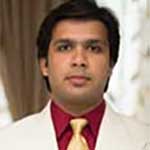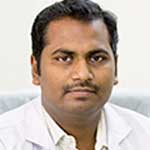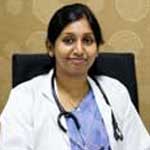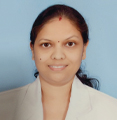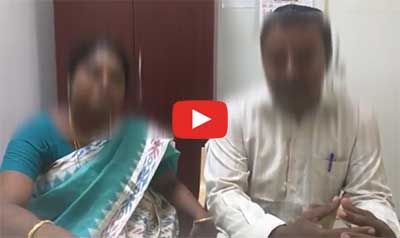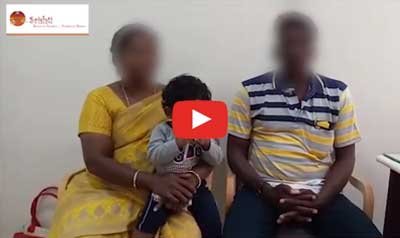Treatments Offered
Infertility Treatments
Laparoscopic Gynaecological Surgeries
- Diagnostic Laparoscopy-Diagnosis of female infertility
Hysteroscopy
- Laparoscopical Vaginal Hysterectomy-Uterus Removal
- Operative Hysteroscopy
- Fibroid Removal-Myomectomy,Laparoscopic Myomectomy
- Hysteroscopic Septal Resection
- Laparoscopic Tubal Surgery
High Risk Pregnancy Care
- Reccurent Abortions
- Pregnancy Care for Diabetes patients
- Pregnancy Care for patients with Kidney Disease
- Pregnancy Care for patients with Hypertension
Infertility Treatment
Srishti Assisted Fertility Center offers a full spectrum of fertility treatments including In vitro fertilization (IVF), Intracytoplasmicsperm injection (ICSI), egg and sperm donation, as well as more basic fertility procedures such as intrauterine inseminations (IUI). We are committed to providing you with the best fertility treatment in a confidential, compassionate and supportive environment. We are the ‘go to’ place for complex fertility problems. Turn to us when you need help with fertility care.
Laparoscopic Gynaecological Surgeries
Gynecologic laparoscopy has evolved from a limited surgical procedure used only for diagnosis and tubal ligations to a major surgical tool used to treat a multitude of gynecologic indications. Today, laparoscopy is one of the most common surgical procedures performed by gynecologists.
Many procedures, such as removal of an ectopic pregnancy, treatment of endometriosis, or ovarian cystectomy, laparoscopy has become the treatment of choice. Compared with laparotomy, multiple studies have shown laparoscopy to be safer, to be less expensive, and to have a shorter recovery time. The advantages of laparoscopy for other procedures, including laparoscopicallyassisted hysterectomy and the staging and treatment of gynecologic cancers, continue to be elucidated.
High Risk Pregnancy Care
Abortion is defined as the termination of pregnancy before 20 weeks of gestation. Today, many women give birth only after the age of 35 .These women are at increased risk and hence have lower take-home baby rates. Unfortunately, more than one clinical loss is not that unusual in this age-group. Studies reveal that anywhere from 10-25% of all clinically recognized pregnancies will end in abortion. This occurs when a pregnancy is lost shortly after implantation, resulting in bleeding that occurs around the time of her expected period. The woman may not realize that she conceived when she experiences a chemical pregnancy. Abortion occurs due to following reasons: Hormonal problems Infections Maternal health problems Lifestyle (i.e. smoking, drug use, malnutrition, excessive caffeine and exposure to radiation or toxic substances) Implantation of the egg into the uterine lining does not occur properly Maternal age Maternal trauma How to avoid abortion? Regular exercise Consume healthy food Become stress less Never smoke There are several ways to treat recurrent abortion. If you want to get rid off enduring pain and other complication the best way out is to consult with us.


